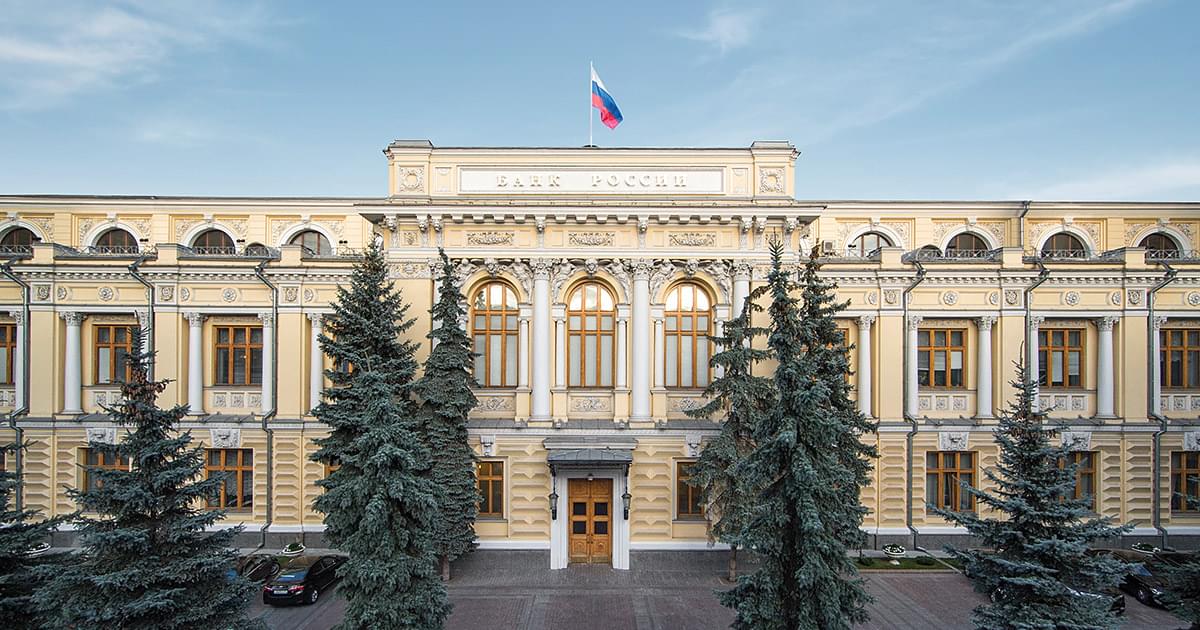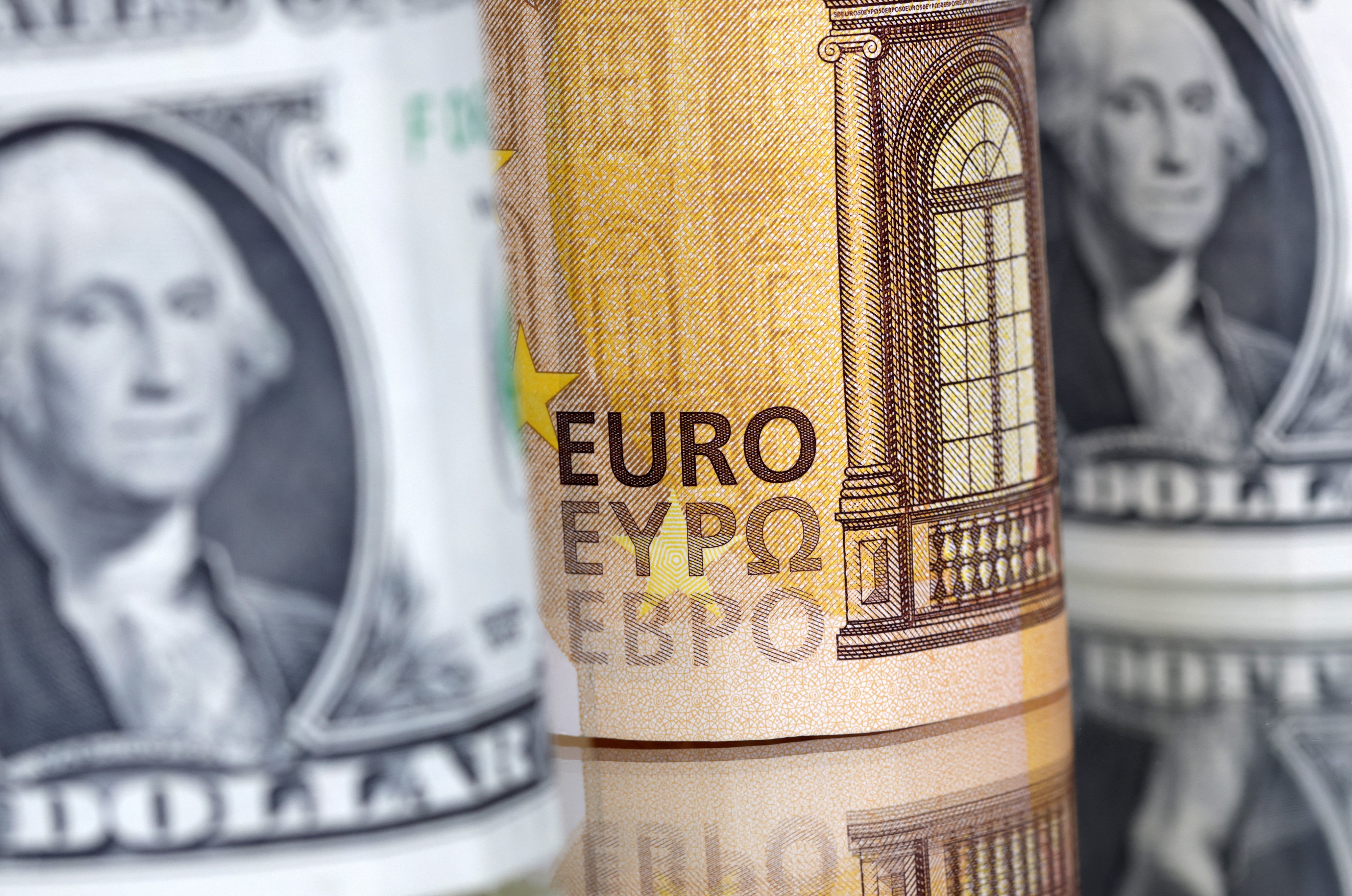Today’s News
Following new U.S. sanctions, Russia has ceased trading in dollars and euros on its primary financial marketplace, the Moscow Exchange.

Image Source: The Central Bank of the Russian Federation
This announcement came swiftly on a public holiday, closely following the U.S.’s introduction of the sanctions aimed at stifling financial support for Russia’s war efforts in Ukraine. The central bank declared that all trading and settlements of deliverable instruments in these currencies would be suspended due to these restrictive measures imposed on the Moscow Exchange Group.
As a result, banks, companies, and investors are unable to engage in currency trades through the central exchange, which traditionally facilitates better liquidity, clearing, and oversight. These entities must now resort to over-the-counter transactions, which are direct trades between two parties without the oversight of an exchange. The central bank also noted it would use data from these over-the-counter transactions to determine official exchange rates.

Image Source: Reuters
The central bank reassured the public, stating that dollar and euro holdings within Russian banks remain secure and can still be traded through these financial institutions. Despite the trading suspension, individuals and companies can continue to buy and sell these currencies at Russian banks, ensuring that all funds in these currencies are safe.
A representative from a major Russian commodities exporter, not affected by sanctions, expressed indifference to the change, highlighting a shift towards the Chinese yuan due to difficulties in obtaining dollars and euros.
In recent times, the yuan has surpassed the dollar as the most traded currency on the Moscow Exchange, making up 53.6% of all foreign currency transactions in May. This shift aligns with Moscow’s strategic pivot towards strengthening trade and political relations with Beijing.
Other News
Oil Set for Weekly Gain Amid Demand Optimism
Oil prices are on track for a weekly rise, supported by strong demand forecasts from OPEC and robust U.S. fuel demand projections from Goldman Sachs.
Tech Stocks Rising Amid Rate Cut Speculation
Tech sector strength pushed the S&P 500 to record highs, while easing inflation fueled investor optimism for upcoming Federal Reserve rate cuts.
Goldman Sachs Doubling Wealthy Client Lending
Goldman Sachs plans to double its lending to ultra-wealthy private banking clients within five years, aiming to enhance its wealth management operations.



